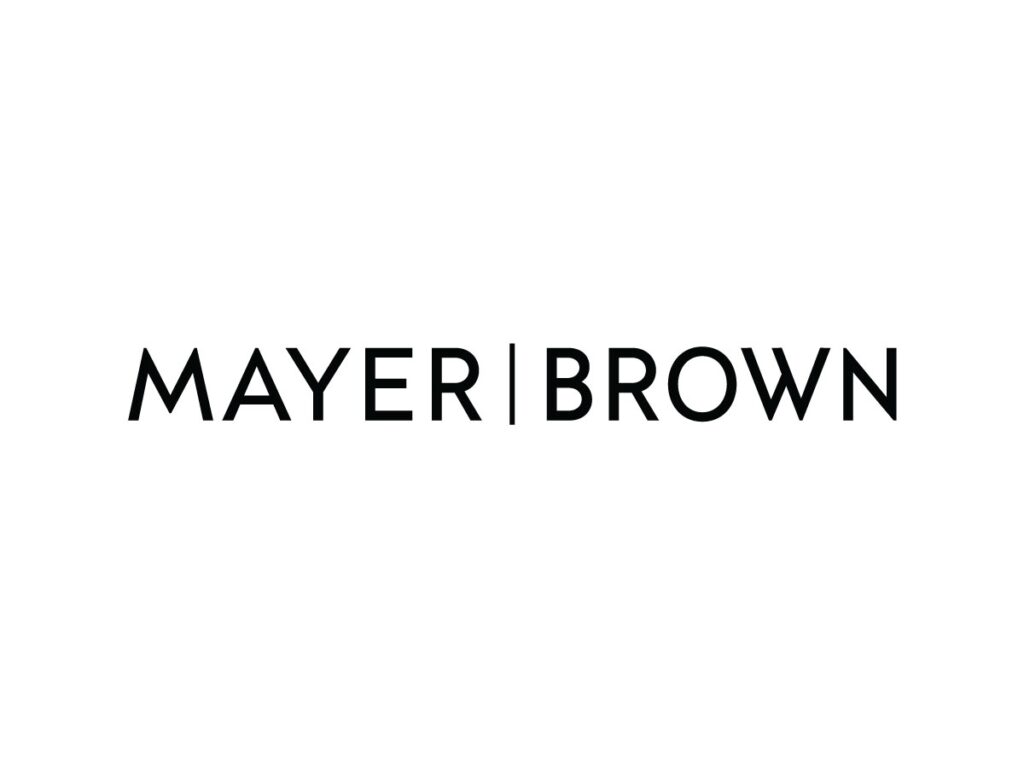[co-author: Diego Semeraro]
In October, the Brazilian Patent and Trademark Office (BPTO) announced a new interpretation regarding the registrability of advertising elements. This new approach adopts a less restrictive stance, paving the way for the legal protection of slogans and advertising expressions as trademarks in Brazil.
The previous interpretation followed a strict application of the prohibition set by the Brazilian Industrial Property Law (Law No. 9,279/96, “BIPL”) regarding the registration of expressions used for advertising purposes.1 Until now, the BPTO considered signs that perform an advertising function to be non-registrable, defined as being when the sign consists of: (i) statements recommending a product or service; (ii) adjectives or expressions highlighting a product or service; or (iii) phrases and expressions intended to attract consumer attention.
The new interpretation—notably influenced by the Paris Convention—overrides the previous one, shifting the focus of the analysis to the distinctive function of the sign. The prohibition in Article 124, Item VII of the BIPL will only apply when the sign simultaneously (i) serves an advertising function and (ii) lacks distinctiveness. As a result, the following may now be registered:
- Trademarks composed of both distinctive elements and advertising elements; and
- Trademarks composed of elements capable of simultaneously serving as both a distinctive and an advertising function.
The rule still prohibits the registration of advertising expressions that are commonly used in the market, or which lack a minimum level of originality, as set forth in Article 124.
The announcement presentation, by trademark director Schmuell Lopes Cantanhede, also included a proposal to update the Trademark Manual, which will introduce a new definition of an “advertising function.” A sign will be considered to serve this function when it:
- Recommends products/services;
- Promotes qualities of products/services;
- Conveys the company’s mission and values;
- Persuades the audience to take action; or
- Differentiates the product/service from competitors.
With this update, Brazil will no longer be among the small group of countries that resisted the registration of slogans as trademarks. In a 2003 study by the World Intellectual Property Organization of 71 countries, only four—Brazil, Japan, China, and South Korea—did not allow such registration. Following BPTO’s change in position, South Korea remains the only country with this restriction.
The proposed update to the Trademark Manual, now a continuously revised document, is set to be incorporated on November 27.
Once the new Trademark Manual is published, we will provide further information on this subject.
1 Art. 124. The following are not registrable as trademarks: (…) VII – signs or expressions used solely as an advertising means;
[View source.]
